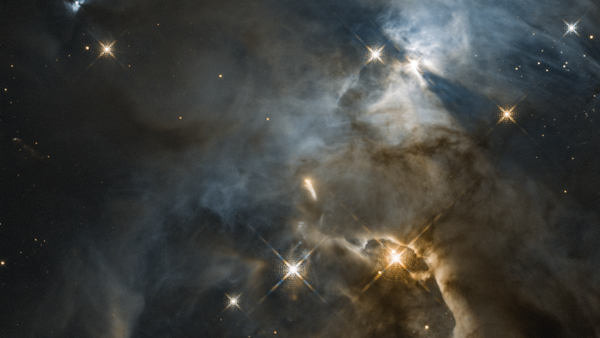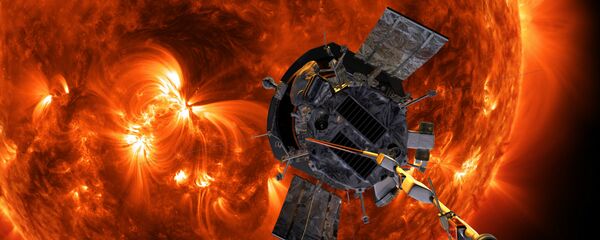NASA's Hubble Space Telescope has captured a colossal shadow, cast by a massive star named HBC 672. According to astronomers, its light echoes from a disk of dust, rock and ice that surrounds the star, forming magnificent shadows which look like outstretched bat wings, hence the name.
#HappyHalloween! Shadows on Earth can be mysterious, but when they occur in space, they can convey information we otherwise could not know. In this image, the feature—nicknamed the “Bat Shadow”—spans approximately 200 times the length of our solar system: https://t.co/ig8bfaMyT3 pic.twitter.com/3SDidYi5UP
— Hubble (@NASAHubble) 31 октября 2018 г.
This feature is literally out-of-this-world as it belongs to the Serpens Nebula, a constellation some 1,300 light-years from the Earth.
The "wing" stretches roughly 200 times the length of our solar system, and strange as it may sound, the shadow in fact sheds light on the location of HBC 672, which is too far from us to be seen by Hubble.
The Bat Shadow hints at what the Solar System looked like billions of years ago, explained Klaus Pontoppidan of the Space Telescope Science Institute. "This is an analog of what the solar system looked like when it was only 1 or 2 million years old," he said. "For all we know, the solar system once created a shadow like this."




